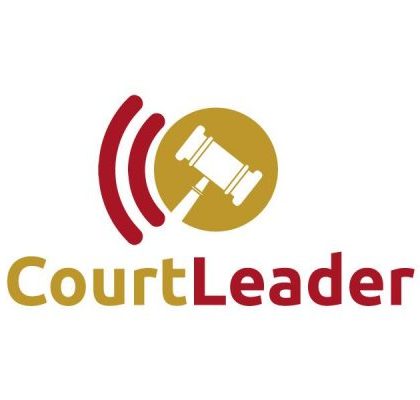Traditionally, defendants convicted of a felony lost their right to vote, sit on a jury, and (in most states) possess a firearm. It was commonly thought that losing the right to vote was permanent. This perception can be seen even now in a recent New York Times article that focuses on the 6.2 million citizens with felony convictions who are barred from voting.
 A 2018 Future of the Courts survey scenario asked if courts would be involved in restoring voting rights to convicted felons within the next ten years. Of the 293 respondents, 37 (13%) thought the scenario was highly likely, 116 (40%) thought it was likely, 95 (32%) thought it had a 50-50 chance, and 45 (16%) thought it was either unlikely or improbable. Most of the respondents (the mode) thought it was likely, but the mean tipped just slightly to the category of the scenario having an 50-50 chance of becoming a reality.[ii]
A 2018 Future of the Courts survey scenario asked if courts would be involved in restoring voting rights to convicted felons within the next ten years. Of the 293 respondents, 37 (13%) thought the scenario was highly likely, 116 (40%) thought it was likely, 95 (32%) thought it had a 50-50 chance, and 45 (16%) thought it was either unlikely or improbable. Most of the respondents (the mode) thought it was likely, but the mean tipped just slightly to the category of the scenario having an 50-50 chance of becoming a reality.[ii]
To continue reading this article in its entirety as a PDF, please click here.
Published by Peter C. Kiefer
Peter C. Kiefer is a career court veteran with over 40 years experience working with trial courts in Oregon, Arizona, and California. He has been an administrator in general jurisdiction and limited jurisdiction trial courts; he has also worked for state court administrative offices in both Oregon and California. He has consulted with the judicial systems in Liberia, Moldova, and Beirut, Lebanon, as well as being a member of a NACM delegation that visited the People’s Republic of China. Peter graduated from Santa Clara University with his bachelor’s degree in Political Science, and received his Masters of Public Administration with a specialty in Court Administration from the University of Southern California. In 2016 he became a Fellow of the Institute for Court Management. In 2015 Peter was given the NACM Award of Merit.
View all posts by Peter C. Kiefer
 A 2018 Future of the Courts survey scenario asked if courts would be involved in restoring voting rights to convicted felons within the next ten years. Of the 293 respondents, 37 (13%) thought the scenario was highly likely, 116 (40%) thought it was likely, 95 (32%) thought it had a 50-50 chance, and 45 (16%) thought it was either unlikely or improbable. Most of the respondents (the mode) thought it was likely, but the mean tipped just slightly to the category of the scenario having an 50-50 chance of becoming a reality.[ii]
A 2018 Future of the Courts survey scenario asked if courts would be involved in restoring voting rights to convicted felons within the next ten years. Of the 293 respondents, 37 (13%) thought the scenario was highly likely, 116 (40%) thought it was likely, 95 (32%) thought it had a 50-50 chance, and 45 (16%) thought it was either unlikely or improbable. Most of the respondents (the mode) thought it was likely, but the mean tipped just slightly to the category of the scenario having an 50-50 chance of becoming a reality.[ii]
